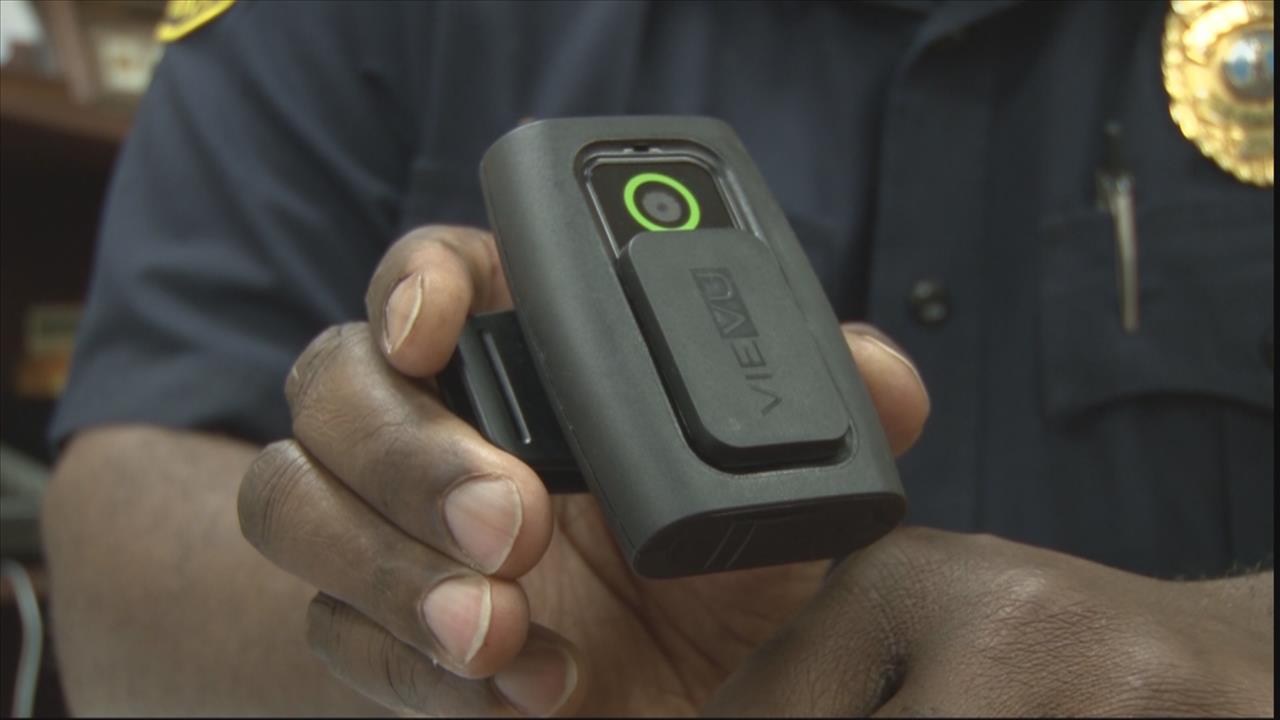![body cameras [ID=19971111]](http://www.gannett-cdn.com/-mm-/33d97f8a03d5ea06baca0f7a30eca34c8bd87643/r=500x281/local/-/media/WLTX/WLTX/2014/12/05/635533994627897979-bodycameras.jpg)
Columbia, SC (WLTX) -- There is an effort to get law enforcement agencies across the state outfitted with body cameras for officers. Supporters say it could combat conflicting accounts of incidents, but one law professor and former officer says those cameras will not solve everything.
"We need to be very careful about exaggerating the benefits of body cameras. They are a tool, they are an incredibly useful tool, but there are limitations to them," said Seth Stoughton, an assistant law professor at the University of South Carolina.
Thursday Columbia's Police Chief Skip Holbrook announced plans to have body cameras on all their officers by the end of 2015.
Stoughton the idea that those cameras will solve everything is false. He says the cameras come with benefits and limitations.
"It's not always gonna capture what an officer sees. If an officer's body camera is mounted on his lapel and aiming forward and the officer turns his head, it's not going to be a reflection of what he's actually seeing," he said.
Like with the case of Eric Garner, a New York man who died after an officer used a choke hold to subdue him, a recording of the incident may not lead to the results some expect.
"Body cameras by themselves are not going to solve divisions between a law enforcement agency and a community," said Stoughton.
He warns like any other technology, body cameras can fail. He also says different styles of cameras can have different capabilities, and they may not capture everything that happens with a situation, especially if an officer forgets or fails to turn on a camera without automatic capabilities.
He also says they can interfere with someone's comfort level with an officer during a sensitive situation like rape or domestic violence, or just getting useful information.
"For example if I'm interacting with someone and I want to get information from them, they may be reluctant to give confidential information, to become an informant, if I as a patrol officer am standing there with a camera on my chest," said Stoughton.
He also cautions that there could be a negative reaction if body cameras are not implemented carefully.
"Officer morale is very important to officer performance and depending on what type of policies a department adopts and how they roll out the camera program and whether they get front line buy-in, you could see a lot of resistance that could have negative effects to police practices," said Stoughton.
Still, he says body cameras are a useful tool, but cautions law enforcement and the community to use other tools as well.
"We need to tamper our expectations a little bit to make sure that we don't focus on body cameras and ignore other ways of improving law enforcement services," he said.


